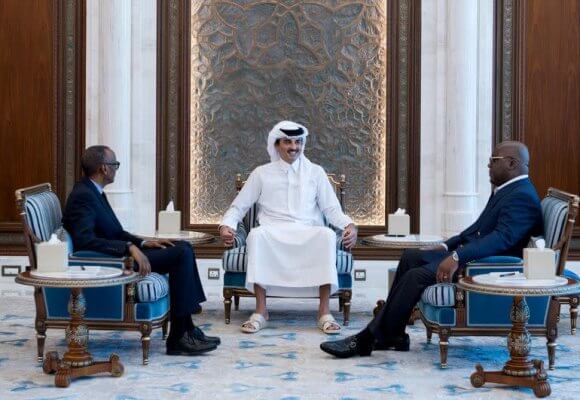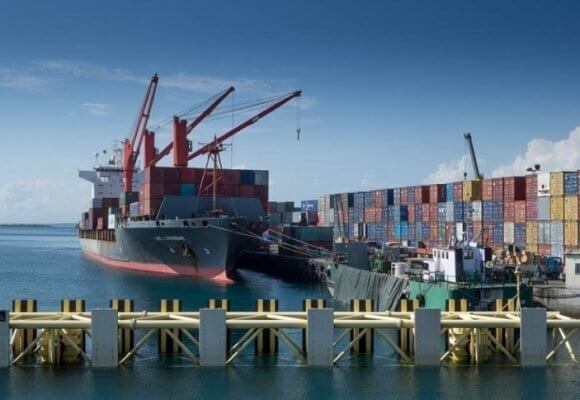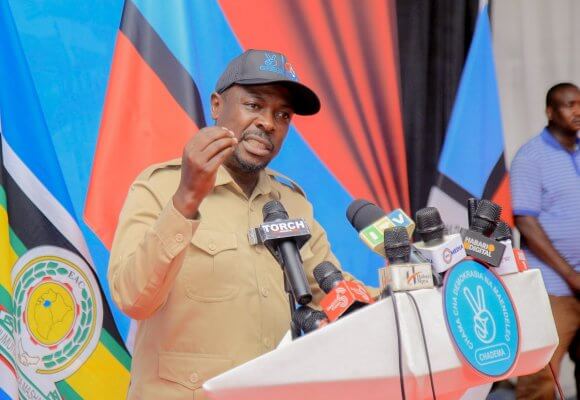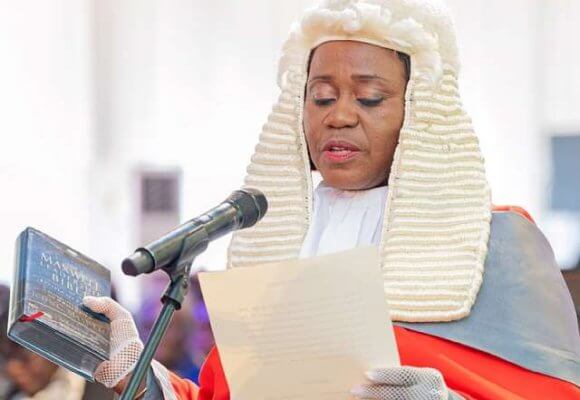|
LISTEN TO THIS THE AFRICANA VOICE ARTICLE NOW
Getting your Trinity Audio player ready...
|
On Monday, April 21, 2025, the Burkinabe military government, under Captain Ibrahim Traoré, publicly declared that it had successfully thwarted a significant and intricate plot to overthrow the ruling junta. Security Minister Mahamadou Sana revealed that this “major plot” involved a network of active and retired military personnel, allegedly collaborating with known “terrorist leaders.” The government further asserted that the operational nucleus of this conspiracy was located in neighboring Ivory Coast.
Minister Sana, addressing the nation via state television, detailed that the plot’s objective was a coordinated assault on the presidential palace, planned for the preceding week. The ultimate aim, he stated, was to plunge Burkina Faso into “total chaos” and subsequently subject the nation to the control of an unspecified “international organisation.”
This incident represents the latest in a series of reported attempts to destabilize Captain Traoré’s leadership, which began with his ascent to power in a 2022 coup, amidst a backdrop of escalating militant violence. Burkina Faso, like its counterparts in the Sahel region, has been engaged in a protracted struggle against various armed jihadist groups, which are estimated to control a substantial portion – approximately 40% – of the country’s territory.
Despite the military government’s repeated assurances of enhanced security measures and its pursuit of new security partnerships, most notably with Russia, the security situation within Burkina Faso remains highly volatile. Insurgent attacks continue to be a frequent and destabilizing factor across the nation.
Expanding on the details of the foiled coup attempt, which reportedly unfolded last week but was only recently made public, Minister Sana indicated that the conspirators had attempted to exploit the influence of prominent Burkinabe religious and traditional leaders. Their aim was to sway key military officers and secure their support for the planned operation.
“The manoeuvre was to culminate, according to the terrorist plotters’ plan, on Wednesday, April 16, 2025, in an assault on the presidency of Faso by a group of soldiers recruited by the nation’s enemies,” Minister Sana stated. He further alleged that “the brains outside the country are all located in Ivory Coast,” specifically identifying two former army officers as the key orchestrators of the plot.
The Security Minister also asserted that “sensitive information was passed on to ‘terrorists’ to increase attacks on the military and civilians and ‘incite a revolt against the authorities.'” This suggests a multi-faceted strategy aimed at undermining the state through both internal subversion and externally supported violence.
In line with these accusations, security sources confirmed that several military personnel, including two officers, were apprehended in the preceding week for their alleged involvement in a plot to “destabilise” the government.
The Ivorian authorities have, as of yet, not issued any official response to these serious allegations of harboring the coup plotters. However, it is noteworthy that the Burkinabe junta has frequently accused its southern neighbor of providing sanctuary and support to exiled opposition figures.
This recent claim of a thwarted coup attempt follows a similar announcement from Ouagadougou in November 2024, when the government reported that it had disrupted another “destabilisation” plot directed against the junta.
These events are unfolding against a backdrop of significant geopolitical shifts in the region. Burkina Faso, along with neighboring military-led states Mali and Niger, has recently severed ties with the regional West African bloc, ECOWAS, and established a new alliance. These nations have also distanced themselves from France, the former colonial power, and have instead sought closer relations with Russia.
It is also important to note the increasing interest of the United States Africa Command (AFRICOM) in the region, and specifically, in the actions of Captain Traoré. General Michael Langley, the commander of AFRICOM, has recently expressed concerns about Burkina Faso’s growing relationship with Russia and has alleged that Captain Traoré is utilizing the nation’s mineral wealth to consolidate his power. These statements have been met with strong condemnation from the Burkinabe government, which views them as unwarranted interference in its sovereign affairs.










LEAVE A COMMENT
You must be logged in to post a comment.